As the world continues with quest for transition to cleaner form of energy, experts have stressed the need for robust investment in Nigeria’s vast gas resources as a way to boost its industrialisation drive.
Nigeria has proven gas reserves of about 206.53 trillion cubic feet valued at over $803.4 trillion as the Minister of State for Petroleum Resources, Chief Timipre Sylva stated in April this year. Silva had said the European Union was considering categorising natural gas as a green energy source and would impact favourably on Nigeria due to the country’s abundant natural gas reserves.
Join our WhatsApp ChannelSpeaking at a workshop organised for journalists in Lagos, the General Manager, Corporate Communications and Zonal Coordination, Nigerian Content Development and Monitoring Board (NCDMB), Dr Ginah O Ginah, said the Nigerian government’s strategy is to use Gas as Nigeria’s transition fuel.
The federal government had last year declared 2021 – 2030 as Nigeria’s Decade of Gas, an initiative designed to utilise the country’s extensive gas resources to solve its energy needs during the transition and equally have excess for export.
The Ministry of Petroleum Resources had also gone ahead to make policies such as the National Gas Expansion Programme, Gas Network Code and Flares Commercialisation programme geared towards exploiting gas resources for the good of the country.
Ginah said that NCDMB in response to that Federal Government plan, has taken positive steps to actualise it by partnering credible investors to develop critical projects in the sector.
He added that 70 per cent of the board’s investments are on gas value chain.
“The Federal Government’s strategy is to use Gas as Nigeria’s transition fuel. The Ministry of Petroleum Resources has backed this position with bold policies such as the National Gas Expansion Program, Gas Network Code and Flares Commercialisation programme.
“As a responsive agency, the NCDMB has also taken deliberate steps to actualise the Federal Government’s declarations in gas and other aspects of the oil and gas value chain. We have partnered with credible investors to develop critical projects in the sector to take Nigeria towards the goal.
“In total, we have partnered with 15 firms to set up projects covering modular refining, gas processing, gas distribution, power generation, manufacturing and others.
“It is worthy of note that 70 per cent of our investments are on gas-based activities, especially midstream and downstream gas. Our investments underscore the importance of gas to Nigeria’s economic sustainability, apart from its role in the energy transition.
“We know for certain that gas can lead Nigeria to food sufficiency, industrialization, increase in Gross Domestic Product, and electric power sufficiency,” he stated.
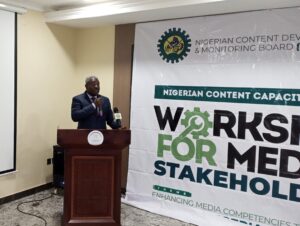
Ginah said the topic of the workshop, which is “Enhancing Media Competencies to Support Nigerian Content in a Gas Economy,” was chosen to draw attention of the media on the need to “give adequate attention to the federal government’s aspirations in the gas sector and the efforts by the NCDMB and other entities to support government’s objectives.”
He noted that NCDMB’s investments are helping to create employment opportunities for Nigerian youths, “catalyze the local economy and achieve the Nigerian Content 10-Year Strategic Roadmap.”
He listed some of the NCDMB’s gas-based projects to include partnership with Rungas to produce 1.2 million LPG Composite cylinders per annum in Bayelsa and Lagos States, and collaboration with NEDO Gas Processing Company in Kwale, Delta State for the establishment of 80 million standard cubic feet per day gas Processing Plant and a 300 million standard cubic feet per day Gas Gathering hub.
“The Board is also working with Duport Midstream to establish an Energy Park at Egbokor, Edo State. The park would include a 40 million standard cubic feet per day gas processing plant, 2,500 barrels per day modular refinery and 20 megawatts power plants.
“The Board partnered with the NNPC to invest in Brass Fertilizer and establish 10,000 tonnes per day Methanol Production plant at Odioama, Brass, Bayelsa State, just as we are investing with Triansel Gas Limited in Koko, Delta State to establish a 5,000 Metric Tons per day LPG Storage and Loading Terminal Facility.
“Up north, we supported Butane Energy Limited to establish LPG Bottling Plants and Depots in Abuja and 10 Northern States, just as we are investing with MOB Integrated Services for the construction of the 500 Million Tons Inland LPG terminal in Dikko, Niger State. The project will include the construction of a Cylinder Refurbishment plant, procurement of 80,000bottles of LPG Cylinders and acquisition of distribution assets.”
He also disclosed that the board has a partnership with Southfield Petroleum to establish 200 million metric standard cubic feet of gas processing plant at Utorogu, Delta State.
The project according to him will produce 123,000 Million Tons Per Annum of LPG, which is about 10 per cent of current LPG demand nationwide.
“In the same vein, the Board is collaborating with Amal Technologies to set up a plant in Abuja to produce Smart Gas/Smoke Detector Alarm devices.”
Ginah explained that all NCDMB investments and partnerships are backed by section 70 (h) of the Nigerian Oil and Gas Industry Content Development (NOGICD) Act. This provision states that NCDMB can “assist local contractors and Nigerian companies to develop their capabilities and capacities to further the attainment of the goal of developing Nigerian content in the Nigerian oil and gas industry.”
NCDMB which focuses on working to ensure local content capacity development especially in the energy sector, had recently during its Priactical Nigerian Content Workshop held in Uyo, Akwa Ibom State, declared that it has achieved 54 per cent content level, surpassing its 42 per cent target set for 2022.
Victor Ezeja is a passionate journalist with seven years of experience writing on economy, politics and energy. He holds a Master's degree in Mass Communication.

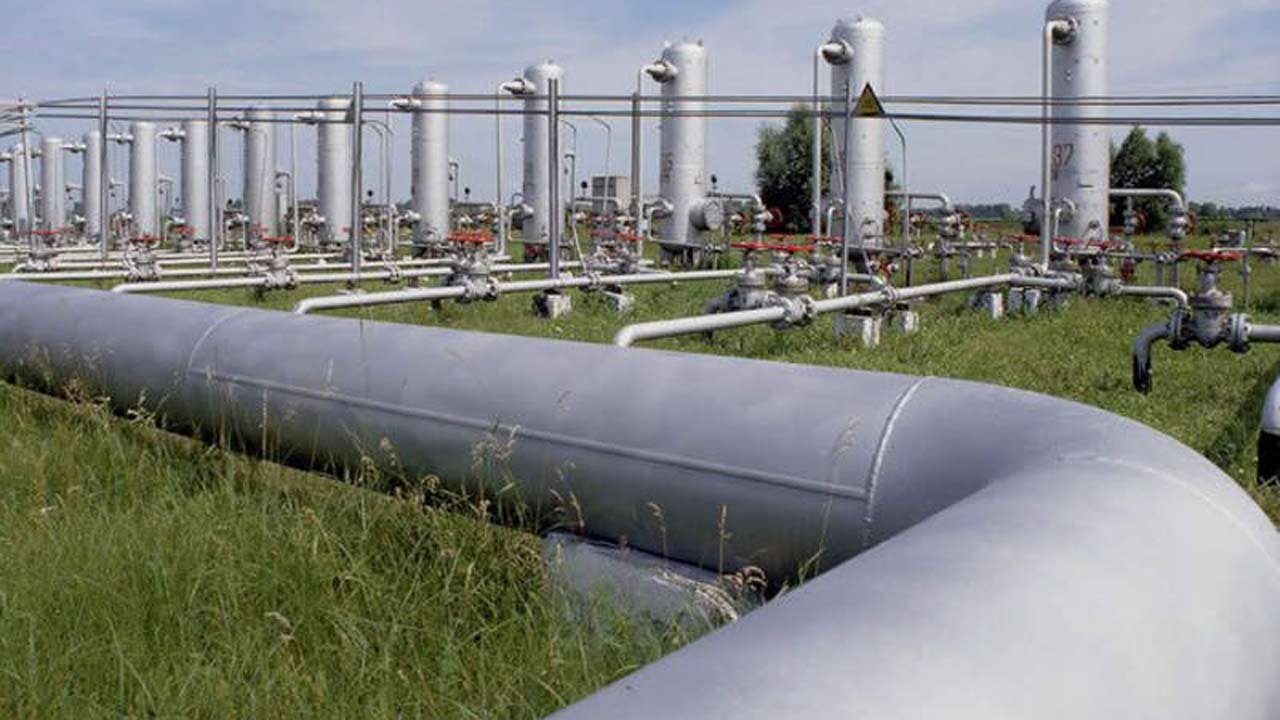












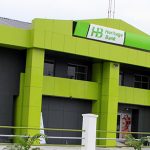


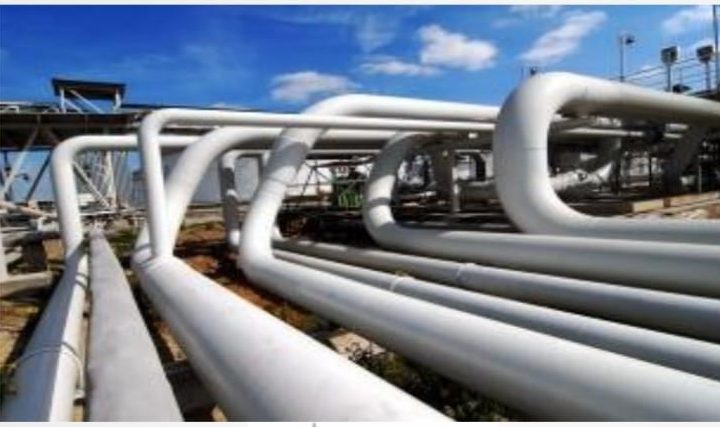
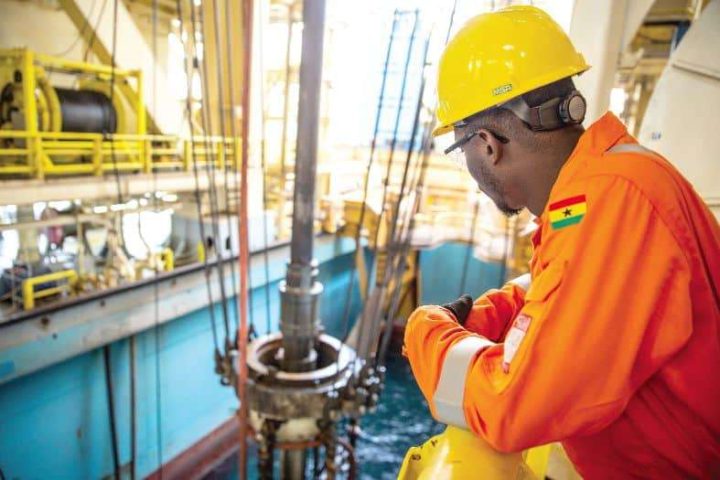

Follow Us